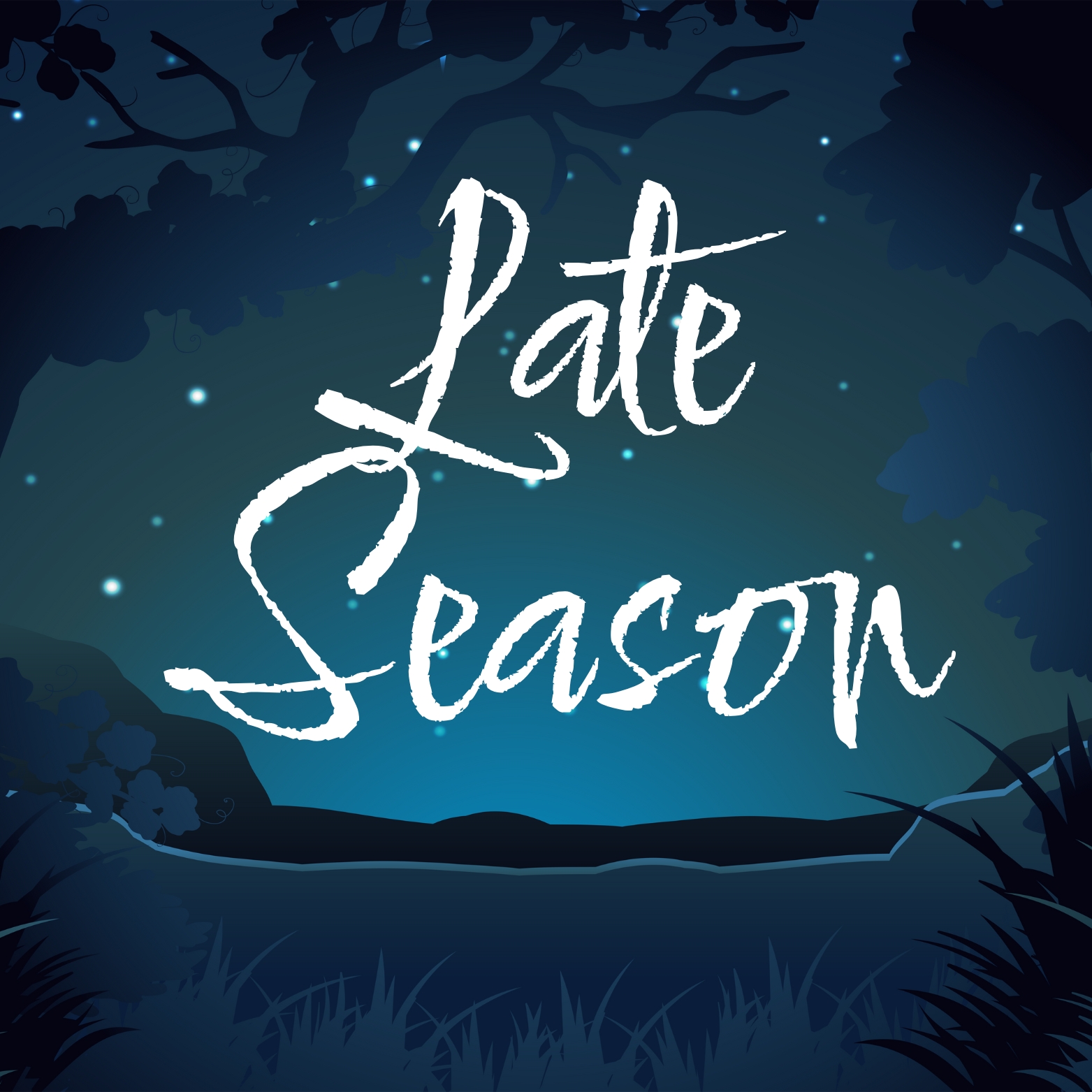
Late Season
The morning Marion decided to sell the cabin, the lake was already half-thawed. Jagged fractures split the ice like veins under aging skin, and the sky held that clean, empty blue you only see in April, when winter gives up but spring hasn’t yet claimed anything.
She poured the coffee too hot, as usual, and set the mug on the windowsill so it could steam itself into something drinkable. The kitchen still smelled like pine resin and old bacon grease, even though she hadn’t cooked meat in over a decade. Her late husband Paul had always insisted on bacon during their trips up here, even in August. The grease seeped into the wood. Nothing ever really left this place.
She reached into the cabinet for the yellow legal pad that lived beside the expired oatmeal packets. It had been there for years, mostly filled with shopping lists and crossword puzzles Paul had started and abandoned after three clues. Marion liked how the paper felt — cheap and soft, like it had already been touched a hundred times. She uncapped her pen.
Reasons to Sell
- Too far from town
- Roof leaks in back bedroom
- No one visits anymore
- Too many ghosts
She crossed out that last one, then rewrote it:
- Too many memories
That sounded more adult. More reasonable. Less like she still believed in hauntings.
From the living room, a floorboard creaked. She told herself it was the house settling, or the mice that always reappeared in the spring, no matter how many traps she set. Still, she glanced down the hallway. The shadows hadn’t moved. But she had the sense — again — that someone was just around the corner, waiting for her to acknowledge them.
Paul had died six years ago, not here, but in their Florida bedroom. He’d wanted to come back to the cabin one last time, but the hospital had advised against the drive, and Marion, exhausted from months of caretaking, hadn’t fought them. He died in July, and the cabin sat untouched that summer, and the next, and then it became easier not to go at all.
Until this week. Until the letter.
Marion rose and fetched the envelope from the mantel. It was addressed in unfamiliar handwriting, in black ink that leaned slightly left, like it was backing away from something. Inside was a single sheet, typed:
“You don’t know me, but I knew Paul. I used to work at the gas station in town. He came in every summer. Said his wife never liked the smell of gasoline. Said she’d wait in the car and listen to jazz. He told stories like a man who thought no one would believe him anyway, so he embellished on purpose. I liked him. If the place ever goes up for sale, I’d like to be considered.”
No name. Just a return address with a PO box in Fairwater.
Marion stared out the window at the lake. The coffee had stopped steaming. A squirrel skittered down the trunk of the old birch, scolding no one in particular. She wondered who would bother writing a letter like that. Not an email. Not a text. An actual letter, typed, sealed, posted.
She read the note again, looking for a hidden message. Maybe Paul had told this stranger something he hadn’t told her. Maybe he’d remembered details differently, or rewritten their story for an audience who didn’t already know how it ended. That wasn’t betrayal. That was just performance. Everyone edits for the crowd.
She picked up the pen.
Reasons to Stay
- Quiet
- Good light for reading
- Paul would’ve wanted it
- Lake looks beautiful in the fog
She stared at the two lists. Outside, a loon called, eerie and low. Marion didn’t believe in signs, not really, but something about that sound pulled her backward — to long swims in early June, to damp books drying on the dock, to Paul’s voice echoing through the trees, calling her name when dinner was ready.
She tore the page in half.




